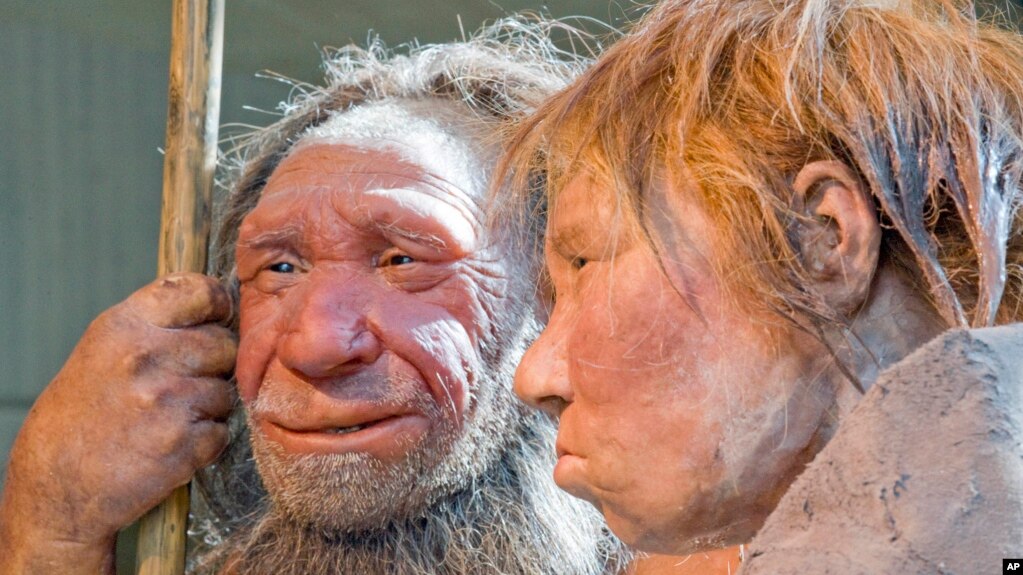JimBowie1958
Old Fogey
- Sep 25, 2011
- 63,590
- 16,753
- 2,220
Some recent discoveries regarding Neanderthals and some not so recent, give us a totally different view of Neanderthal and the ideas on how they went extinct.
Neanderthal Speech and Language Comparable to Modern Humans : Science : Nature World News
Scientists say our languages might preserve Neanderthal talk - NBC News.com
Neanderthal Speech and Language Comparable to Modern Humans : Science : Nature World News
Researchers Dan Dediu and Stephen Levinson review all these strands of literature and argue that modern language and speech are an ancient feature of today's humanity dating back at least to the most recent ancestor we share with the Neanderthals and the Denisovans, another form of humanity known mostly from their genome.
This interpretation of the limited information available on the topic contradicts the scenario usually assumed by most language scientists of a sudden and recent emergence of modernity, presumably due to either a single or limited number of genetic mutations. Rather, the scientists argue that a gradual accumulation of biological as well as cultural innovations is much more likely.
In doing so, the researchers push back the origins of modern language by a factor of 10 from the oft-cited 50,000 years or so ago to around one million years ago between the origins of our genus, Homo, and the emergence of Homo heidelbergensis.
Scientists say our languages might preserve Neanderthal talk - NBC News.com



